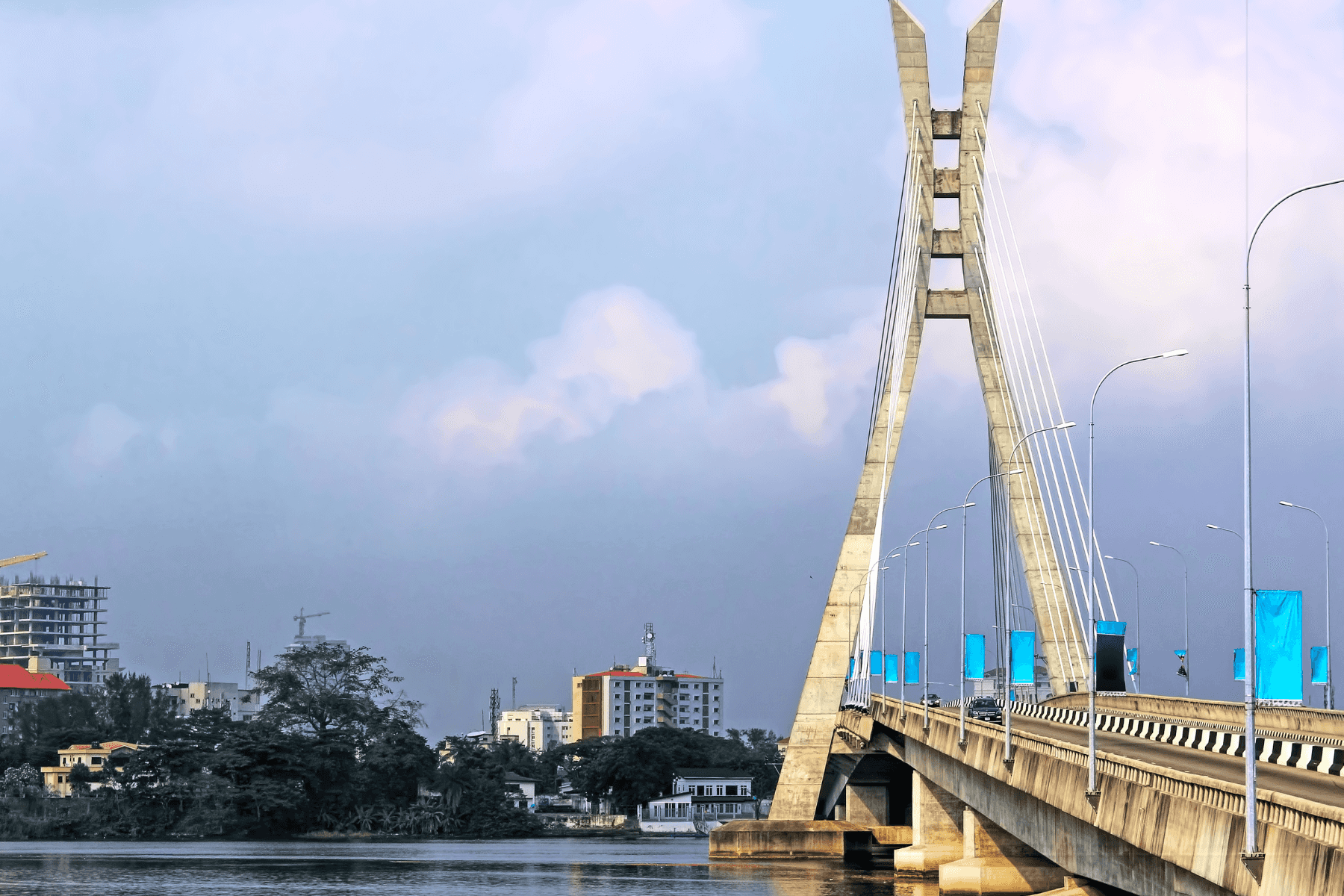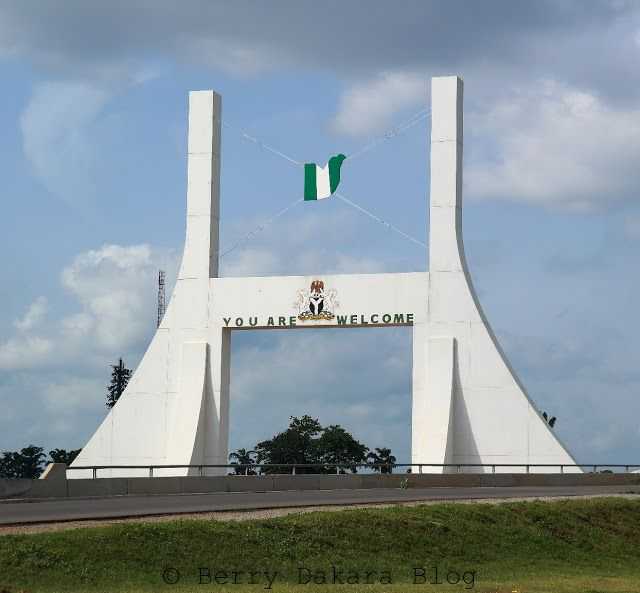
NIGERIA’S INVESTMENT CLIMATE AND BUSINESS ENVIRONMENT: CHALLENGES AND OPPORTUNITIES.
Nigeria, as Africa’s most populous nation and one of its largest economies, has long been regarded as a land of vast potential for both domestic and foreign investors. However, the country’s investment climate and business environment have been subject to various challenges and complexities that warrant close assessment. This article aims to provide an overview of the key factors influencing Nigeria’s investment climate, analyze the existing business environment, and highlight opportunities for growth and improvement.
1. MACROECONOMIC FACTORS
One of the crucial aspects of Nigeria’s investment climate is its macroeconomic stability. The country heavily relies on oil exports, making it susceptible to fluctuations in global oil prices. Consequently, oil price volatility has a significant impact on Nigeria’s fiscal and monetary policies, affecting investor’s confidence. To strengthen the investment climate, Nigeria needs to diversify its economy and create policies that encourage investments in non-oil sectors, such as agriculture, manufacturing, technology, etc. (Iyoha M. A. ,1998). WTC Abuja offers possible partnership with endless opportunities to position your brand on a global scale through our B2BS, B2Bs, G2Gs and networking sessions.

2. POLITICAL AND REGULATORY ENVIRONMENT
Nigeria has undergone significant political transformations over the years, and its political stability plays a vital role in shaping the investment climate. Frequent changes in policies, corruption, and bureaucratic hurdles have often hindered the ease of doing business. To attract more investors, the government must focus on streamlining regulations, enforcing transparent and efficient legal processes, and combating corruption effectively.

3. INFRASTRUCTURE AND ENERGY
The inadequate state of infrastructure and energy supply is a major challenge for businesses in Nigeria. Frequent power outages, poor road networks, and inadequate ports and airports increase operational costs and hinder business growth. WTC Abuja offers services that aim in addressing these issues through its public-private partnerships and investments in varying critical infrastructure projects that is crucial to improving the investment climate.

4. ACCESS TO FINANCE
Access to finance remains a significant obstacle for both small and large businesses in Nigeria. Despite efforts to improve the banking sector and financial inclusion, many businesses still face difficulties in obtaining affordable credit. The government and financial institutions must work together to develop initiatives that promote easier access to finance for businesses, especially those in the informal sector. (Ajakaiye, O, 2001).

5. HUMAN CAPITAL AND EDUCATION
The quality of Nigeria’s human capital greatly impacts the country’s ability to attract investments. While Nigeria has a large and youthful population, there is a need to improve education and skills development to create a more skilled and productive workforce. (Odusola. A. F. 1998). WTC Abuja offers promising opportunities to investors and partners in our education and vocational training on trade promotion that seeks not only to enhance the business environment but also drive innovation and competitiveness.

OPPORTUNITIES FOR GROWTH AND IMPROVEMENT
Despite the challenges, Nigeria presents several opportunities for investment and growth:
- Agriculture: Nigeria has vast agricultural potential, and investment in this sector can significantly boost food production and agribusiness.
- Technology and Innovation: Nigeria’s burgeoning tech sector offers opportunities for investors interested in fintech, e-commerce, and digital services.
- Renewable Energy: With abundant solar and wind resources, investing in renewable energy can help address Nigeria’s power supply issues while aligning with global sustainability trends.
- Manufacturing: Developing the manufacturing sector will reduce import dependency and create more jobs, providing a boost to the economy. (Levine, R., 1997).

The assessment of Nigeria’s investment climate and business environment reveals a mix of challenges and opportunities. To attract more investments and stimulate economic growth, Nigeria needs to address issues related to its investment climate. By implementing reforms and focusing on sectors with untapped potential, Nigeria can position itself as a favorable investment destination in Africa and realize its economic aspirations. However, achieving these goals will require sustained efforts, collaboration between the government and private sector, and a commitment to long-term development strategies.
Want to join a world of elite business networking and cutting-edge innovation? Click here to learn more about our Trade Services.

